Our Yeosu travel essentials guide features all the information you need to plan a memorable trip to this lively and historic Korean city. We will take a look at important things you need to know, such as the best time to travel, emergency numbers, currency and the local climate. You can even discover how to get around Yeosu efficiently whether you're looking to get to your hotel or explore the city.
Several festivals and special events are held here throughout the year, and there are some popular attractions you won't want to miss out on no matter when you visit. With this handy holiday guide, you can enjoy it all on your trip to Yeosu.
When is the best time to travel to Yeosu?

- Yeosu's climate varies from season to season, with summers that are warm and wet and winters that are cold, clear and windy.
- The wet season in Yeosu lasts for about 3 months, from mid-June to mid-September, though July is the rainiest, seeing around 14 wet days and nearly 26 centimetres of rainfall throughout the month.
- The hottest months are July to September, and temperatures peak in August with average highs of 25.5ºC.
- The best time to visit is typically around spring due to the mild weather, though that's also the busiest time. If you're looking for deals and to get away from crowds, the summer and autumn are your best bets. Winter travellers can enjoy a middle-ground experience.
Yeosu basics
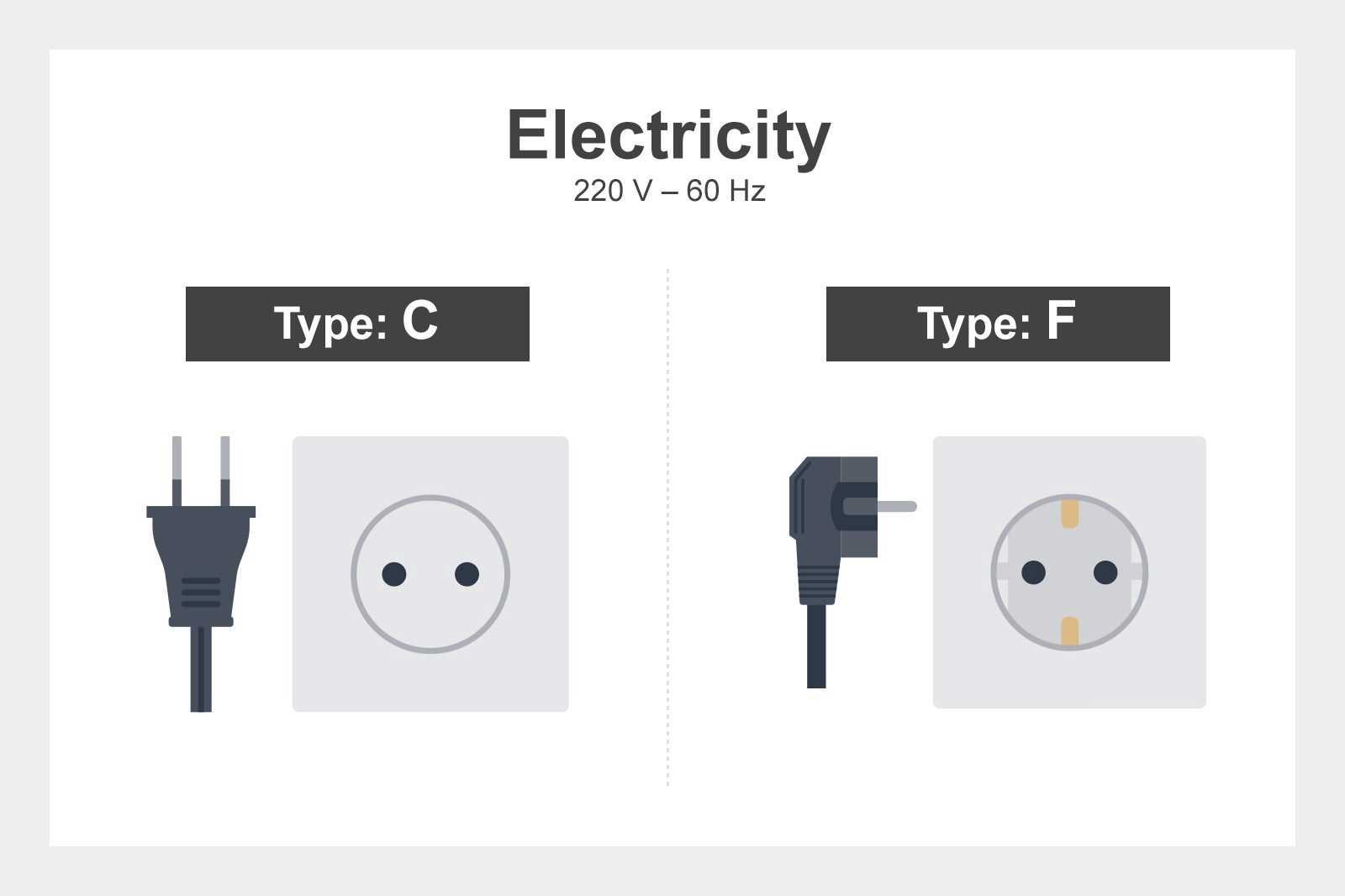
- Plug type: Yeosu, like the rest of South Korea, uses type C and F outlets, which are interchangeable with each other but need adapters for Type G plugs.
- Electricity: The standard voltage here is 220 V at a frequency of 60 Hz.
- Currency: South Korea uses the won.
- International dialling code: The international dialling code is +82.
- Emergency telephone number: Emergency numbers include 112 for police, 119 for fire and 1339 for the nearest hospital.
Ayrıca bkz.
- 6 Best Places to Go Shopping in Yeosu

6 Best Places to Go Shopping in Yeosu
South Korea - 5 Best Things to Do After Dinner in Yeosu

5 Best Things to Do After Dinner in Yeosu
South Korea - 9 Things to Do in Yeosu on a Small Budget

9 Things to Do in Yeosu on a Small Budget
South Korea
How to get to my hotel in Yeosu?

Yeosu, like most places in South Korea, is incredibly well-connected, making it easy to get into the city and get to your hotel. Whether you're flying in, taking a train from another city or taking advantage of the port, reaching Yeosu is simple. Even if you enter the country via Seoul, you can still get to Yeosu in a matter of hours, though flying is always fastest.
Airports
Yeosu is serviced by Yeosu Airport, which is a domestic-only airport that can connect you to various locations across the country. The closest international airport to Yeosu is Muan International Airport (MWX), which is about 119.6 kilometres away. It may be faster, however, to fly from Seoul to Yeosu than to drive from Muan to Yeosu.
Major train stations
The major stations in Yeosu are Yeocheon Station and Yeosu Expo Station, and they have connections to Seoul along the frequently travelled Jeolla Line. It generally takes about 3 hours to make the trip.
Ports
The Yeosu Port connects with several other locations that you can travel to and from via ferry, including the Jeju islands and Fukuoka in Japan.
fotoğraf: hyolee2 (CC BY-SA 3.0) değiştirildi
How to get around Yeosu?

Travel Tips
Yeosu is a relatively small city, so you could conceivably walk or ride a bike as your primary method of transport, but if you want to see everything the city has to offer without taking up too much of your time travelling, the bus system and local taxis may be your best bets. If you plan on crossing any of the long bridges, you'll want to take a bus or a taxi. Traffic can get bad, however, so if you find yourself stuck on the bridge, it may be faster to get off the bus, walk across the bridge and get a taxi on the other side.
Underground system
There is no underground in Yeosu. In fact, the only train in town at all leads in and out of the city rather than around the city itself. Yeosu is simply too small and compact for a train service to be feasible.
Taxi and ridesharing apps
Taxis are readily available throughout Yeosu, and there's a wide variety of companies operating taxis in town. Fare prices are about the same for most taxis, but for a bit more money, you can find some more luxurious models with nicer features. Rideshares, on the other hand, don't really exist in Yeosu. South Korea as a whole resisted rideshare services and apps due to influence from the taxi industry.
Bus network
The bus network in Yeosu is quite comprehensive, allowing you to get virtually anywhere in town fairly easily. Just keep in mind that the majority of information posted at bus stops is strictly in Korean. The buses are cheap, however, with no need for special passes to save money. Standard fare is generally considered affordable for most travellers.
Car hire
For travellers looking to drive themselves, there are plenty of options for car hire throughout the city. Several different car types are available, and all you'll need is a driving licence in your home country that's been valid for at least 1 year and an International Driving Permit. Parking is typically fairly easy as well.
Bike hire
Cycling is a great way to get around Yeosu, and it's easy to get your hands on a bike. With the U - Bike system as part of the public bicycle hire service, you can find a bike with ease with just a one-off fee. Each jurisdiction is different, so you may find that the process is a bit different in Yeosu compared to what you may experience in Seoul.
fotoğraf: hyolee2 (CC BY-SA 3.0) değiştirildi
What are the main annual events in Yeosu?

Hyangiram Temple Sunrise Festival 여수향일암일출제
- When: December 31
- What: Take in the new year with this festival that allows you to enjoy the first sunrise of the year from a scenic vantage point, the historic Hyangiram Hermitage. In addition to the views, you'll find fireworks, folk street music and special lighting installations.
- Where: Impo Maeul Village Area
Yeosu Jinnam Turtle Ship Festival 여수 거북선축제
- When: July
- What: This festival celebrates Admiral Yi Sun-sin with a variety of games, ceremonies, programmes and performances to honour his victories in the Imjin War. Some of the programmes and games include the Imjin War heritage pilgrimage, tug-of-war and Tongjeyeonggil-nori.
- Where: Yeosu EXPO Ocean Park
Yeosu International Music Festival & Ensemble 여수국제음악제
- When: August
- What: This festival by the water features 4 days of concerts filled with the moving and inspiring music of young artists from around the world. They play classical music designed to be as emotional as it is beautiful.
- Where: Yeosu YEUL MARU
What are the main landmarks in Yeosu?

Yeosu Cable Car Dolsan Station 여수해상케이블카 돌산탑승장
The Yeosu Cable Car Dolsan Station offers a fun and scenic ride between the mainland and Dolsan Island. When you take part in this ride, you get to choose between the standard and crystal cabins. While the standard has massive windows, the crystal has a transparent floor, so it looks as if you're being suspended in the air with views down to the surface.
Geomosan Hyangilam 대한불교조계종 향일암
Geomosan Hyangilam is a Buddhist hermitage you can visit to take in the historic and serene value of the temple settled among towering trees and cliffs. A lot of the buildings here are remarkably well-preserved, with the rest being rebuilt in the same traditional style. If you pass all 7 of the stone caves on the walk up, legends say you'll be granted a wish.
Angel Mural Village 천사벽화마을
The Angel Mural Village is an art alley by the sea that allows you to enjoy outdoor murals and artistic displays alongside the gentle sounds and scents of the water. The installations here show off Yeosu's fascinating history while also featuring stunning views of the city itself. In total, you'll find around a kilometre of impressive wall paintings and murals that have captured the heart and soul of Yeosu.
Yeosu Seo Market 여수 서시장
The Yeosu Seo Market, also known as West Market, is a traditional marketplace known primarily for its fresh produce that's sourced locally. Fruit and veg are common, but being a coastal town, Yeosu specialises in delicious, fresh seafood. You'll also find household items and clothing available among the market's many vendors.
Bu makale, Go Guides yayın ekibinin görüşlerini içermektedir. Hotels.com, bu sitede görünen yazıların karşılığında yazarları tazmin eder. Bu, seyahat masraflarının veya diğer masrafların karşılanması şeklinde olabilir.
Seyahatinizi planlamaya başlayın
Yeosu bölgesinde nerede kalmalı?
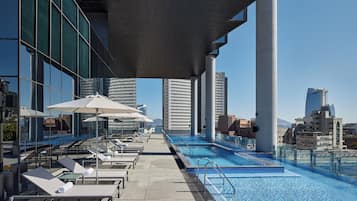
Shilla Stay Yeosu Expo Station
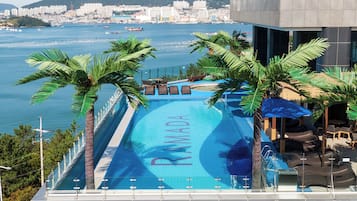
Ramada Plaza by Wyndham Dolsan Yeosu
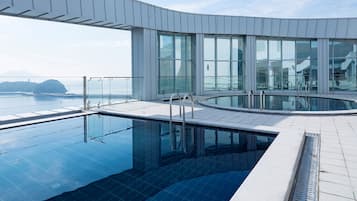
Yeosu Venezia Hotel & Resort
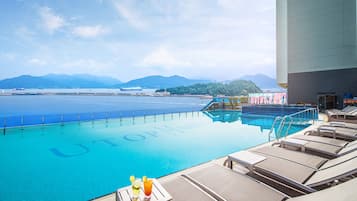
Utop Marina Hotel & Resort
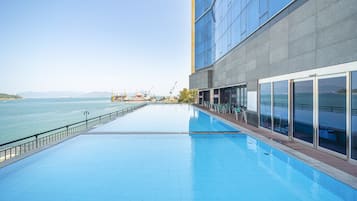
Hotel Haven
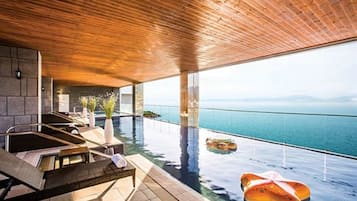
Hidden Bay Hotel
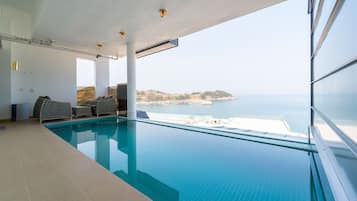
Blue Mango Pool Villa & Resort

The Stay

Hotel Ocean Hill
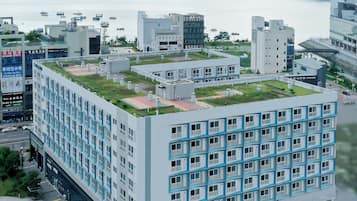
FIRSTCITY HOTEL YEOSU
İlgili yazılar
- 6 Best Places to Go Shopping in Yeosu

6 Best Places to Go Shopping in Yeosu
South Korea - 5 Best Things to Do After Dinner in Yeosu

5 Best Things to Do After Dinner in Yeosu
South Korea - 9 Things to Do in Yeosu on a Small Budget

9 Things to Do in Yeosu on a Small Budget
South Korea - 10 Great Restaurants in Yeosu
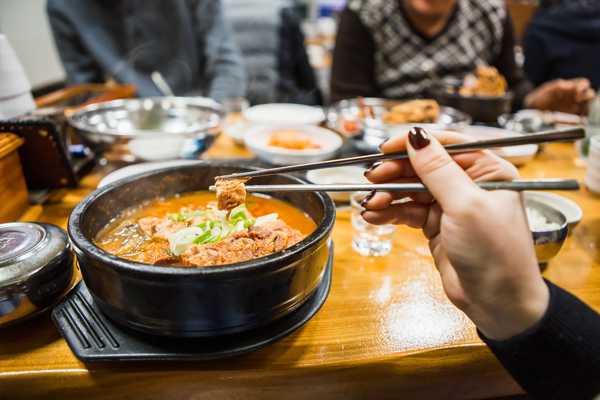
10 Great Restaurants in Yeosu
South Korea - 9 Best Family Things to Do in Yeosu

9 Best Family Things to Do in Yeosu
South Korea - 5 Best Beaches in Yeosu

5 Best Beaches in Yeosu
South Korea - 10 Best Things to Do for Couples in Yeosu

10 Best Things to Do for Couples in Yeosu
South Korea - 10 Best Things to Do in Yeosu

10 Best Things to Do in Yeosu
South Korea
